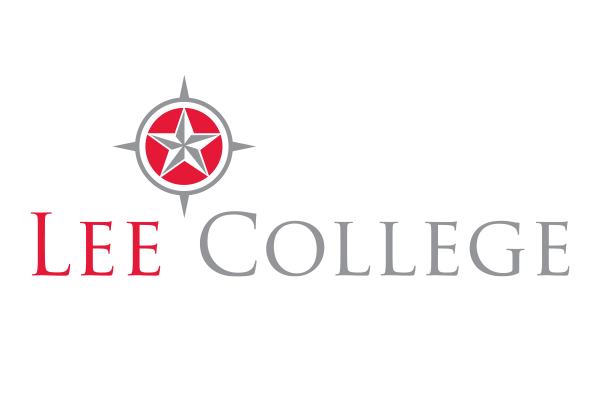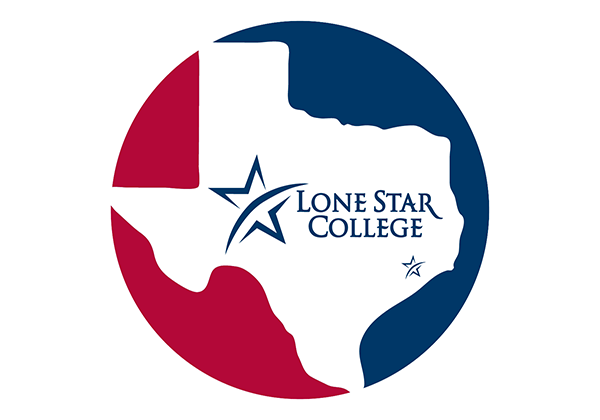Dual Credit Programs
Find Your Community College
enriching the student
learning experience
Earn both college and high school credit

Dual credit classes enable eligible high school students to enroll in college classes and earn credit for both college and high school simultaneously. The course credits become a permanent part of the student’s high school and college transcripts.
Benefits of dual credit classes are numerous:
- Cost Savings. As dual credit classes are arranged with local community colleges, students are able to take classes at reduced rates in comparison to that charged by four-year universities.
- Time Well Spent. By earning college credit while still enrolled in high school, dual credit students get a head start on their degree.
- A Smooth Transition. College can be difficult to navigate, and dual credit courses enable students to develop a plan of attack and seek guidance on their future before high school graduation.
- Testing the Waters. College-level coursework can be an entirely new world for high school graduates, and dual credit courses help students gain first-hand experience with advanced learning in a more comfortable, easier-to-manage format.
- Sends the Right Message. Students taking dual credit classes present a picture of dedication and focus to the university they eventually plan to attend.


Who qualifies for dual credit?
Public, private or home-schooled students in the 9th through 12th grades may qualify. Some colleges require students to meet TSI (Texas Success Initiative) requirements, though many others offer college-level courses that do not require the testing.
Courses offered for dual credit must be included in the institution’s core curriculum. This includes general education courses required for any student who plans to pursue a traditional associate or baccalaureate degree in Texas. Courses required for a technical program as well as foreign language classes may also be included. Remedial or developmental courses are not offered for dual credit. There are no limitations on how many credit hours a qualified student may take for dual credit, though the high school may have certain restrictions regarding how many credits may be applied to the student’s high school graduation plan.
Dual credit Courses

Dual credit courses may be offered at the participating college campus or at the high school campus provided an approved instructor is available.
To learn more about the dual credit offerings at one of the nine colleges in the Gulf Coast Consortium of Community Colleges, please click on the following links:
Hear What Our Students Have to Say!
-
Sometimes college can be a place where you can get easily lost in the crowd. As a SGA and PTK officer, I want to impact the student population by making them feel part of something great.
Phi Theta Kappa president and SGA parliamentarian, San Jacinto College
-
I love the care that goes into community colleges and that community is usually their focus. The first time I set foot on Alvin Community College campus, I felt at home and welcomed instead of just another student.
ADN Student, Alvin Community College









